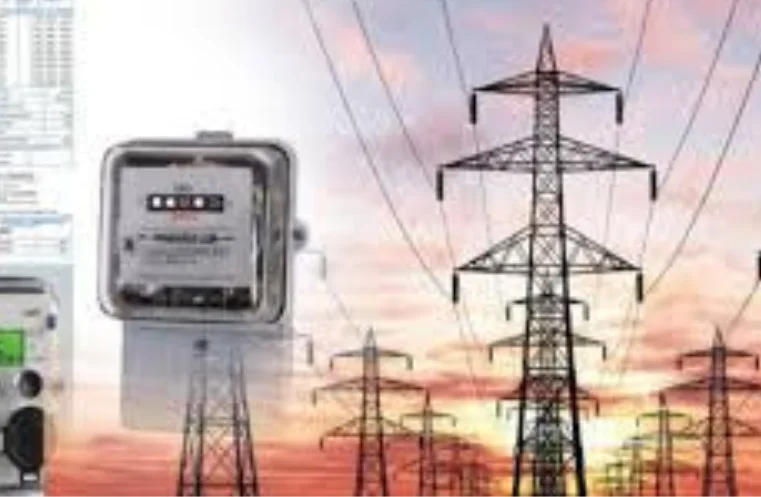Islamabad, Feb 11: The Pakistani government is set to impose a significant financial strain on electricity consumers by raising security deposit rates by more than 200%. This decision follows requests from eight power distribution companies seeking an increase, citing the need to reduce defaults due to inadequate current security deposits.
The companies pushing for this hike include Peshawar Electric Supply Company (PESCO), Multan Electric Power Company (MEPCO), Gujranwala Electric Power Company (GEPCO), Lahore Electric Supply Company (LESCO), Faisalabad Electric Supply Company (FESCO), Hyderabad Electric Supply Company (HESCO), Quetta Electric Supply Company (QESCO), and Tribal Areas Electric Supply Company (TESCO). Their proposal is currently under review by the National Electric Power Regulatory Authority (NEPRA), which is scheduled to hold a hearing on the matter.
If NEPRA approves the proposed hike, consumers across all sectors—residential, commercial, industrial, and agricultural—will face additional costs. The already rising energy expenses, coupled with this increased security deposit requirement, will further burden electricity users across the country.
Read More:
Gatron Industries Restructuring Plan With NFL & G&T Approved
In related developments, NEPRA recently approved a 20-paise per unit increase in electricity tariffs. This increase is part of the quarterly adjustment for the first quarter of the ongoing fiscal year. As per the official notification, this adjustment will result in an additional financial impact of Rs1.18 billion on consumers.
The revised electricity rates will be effective only for December 2024. However, certain consumer groups, including lifeline and prepaid users, will remain unaffected by this adjustment. Additionally, under the winter consumption package, users consuming extra electricity will also be exempted from this surcharge.
With these successive price hikes, electricity consumers in Pakistan continue to face mounting financial pressure. The approval of the security deposit increase would further intensify these challenges, making energy costs increasingly unaffordable for many households and businesses.
